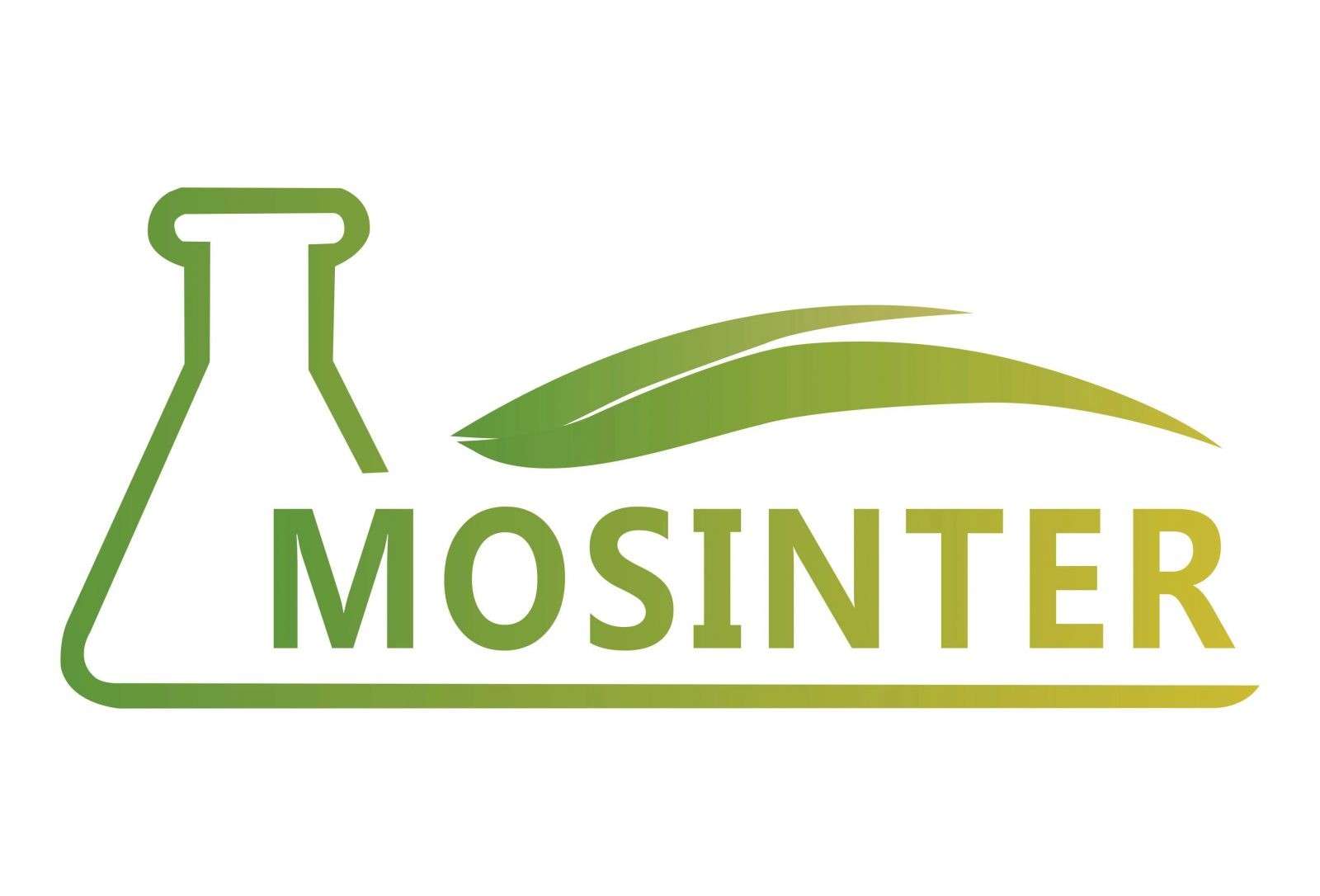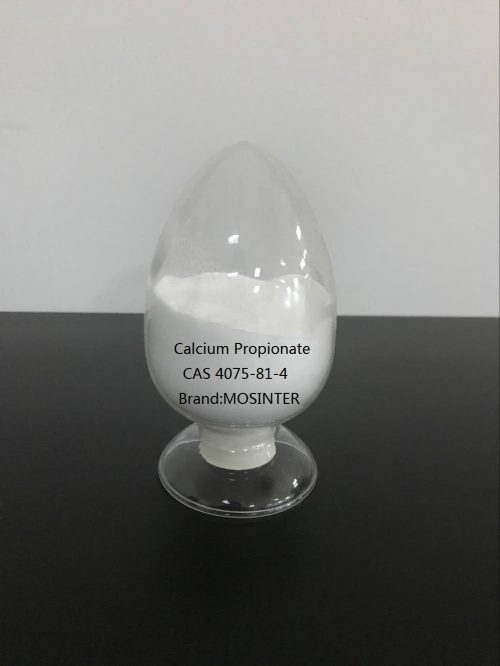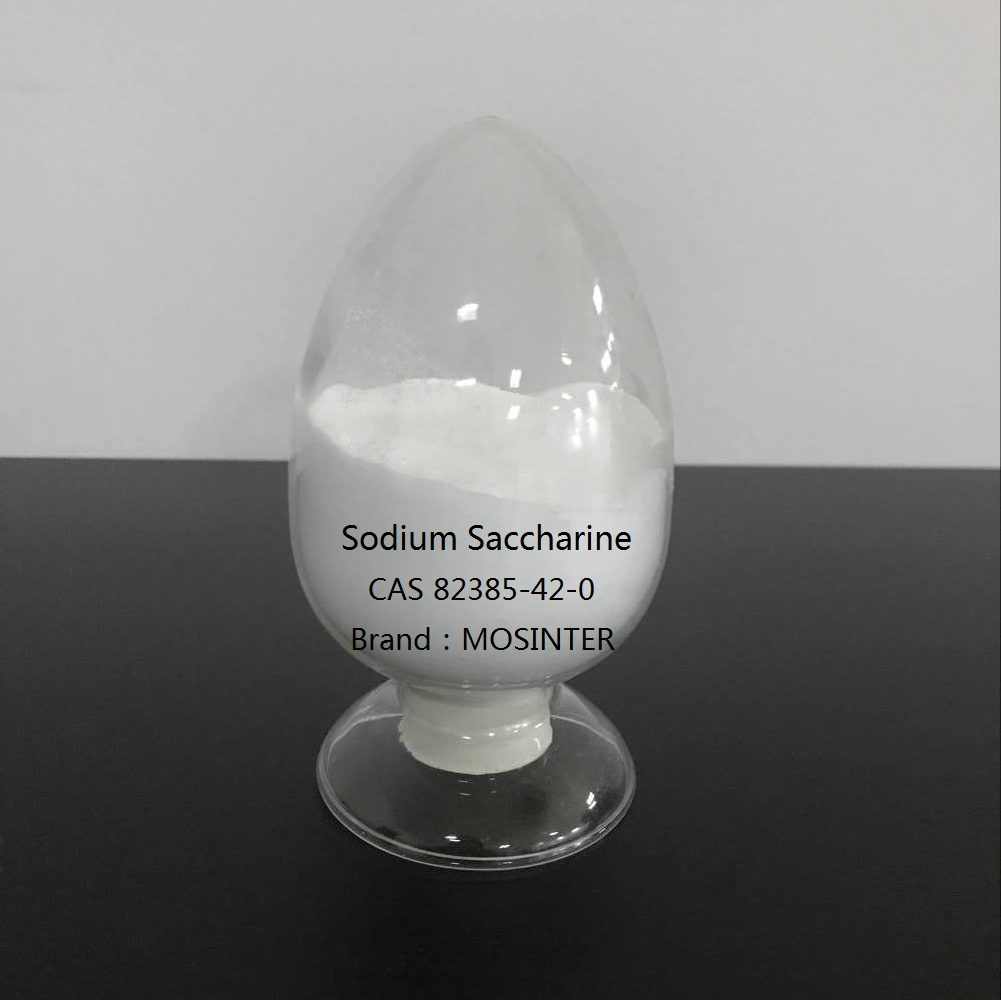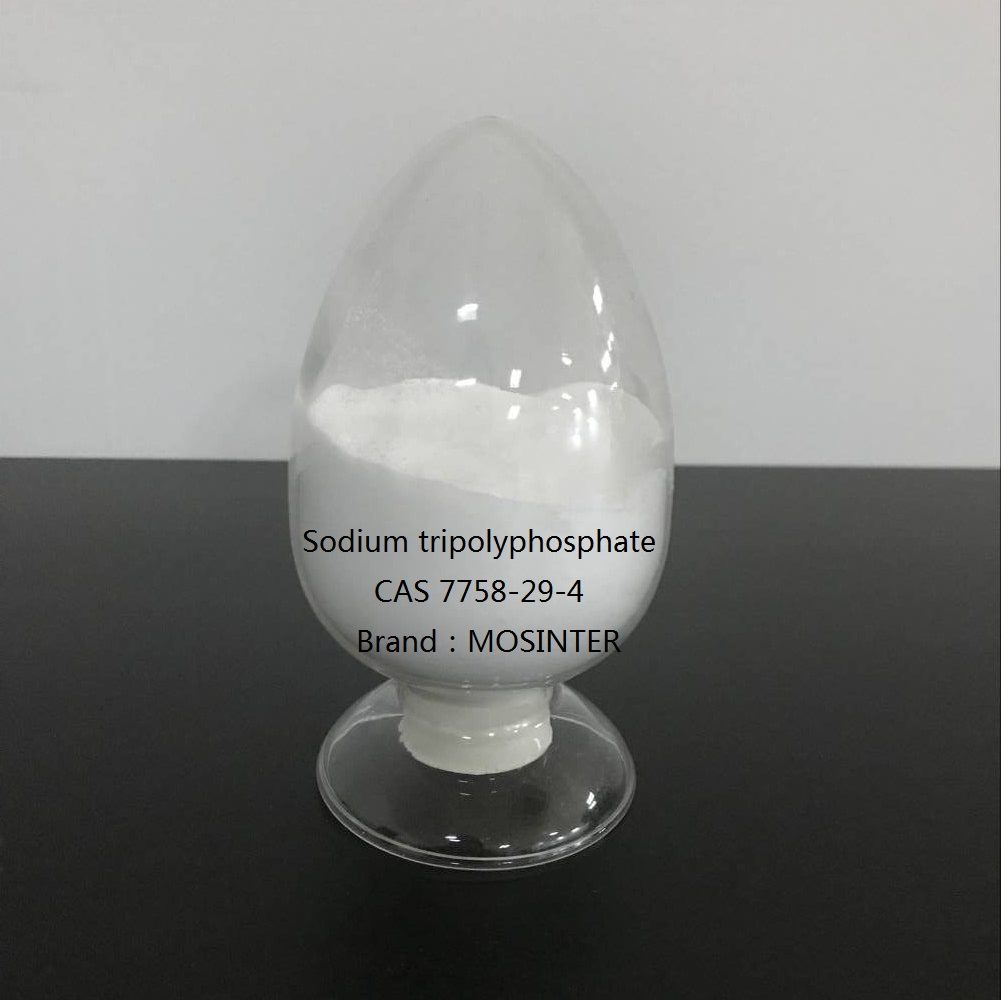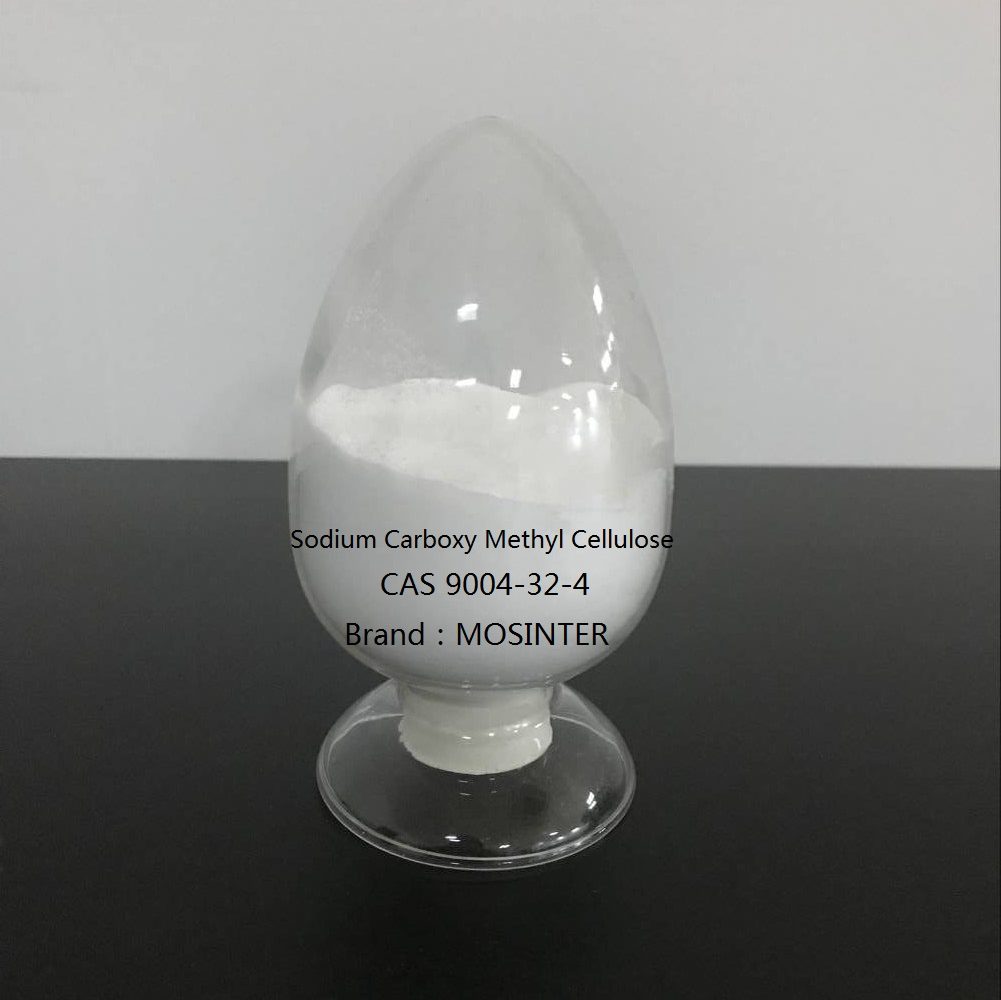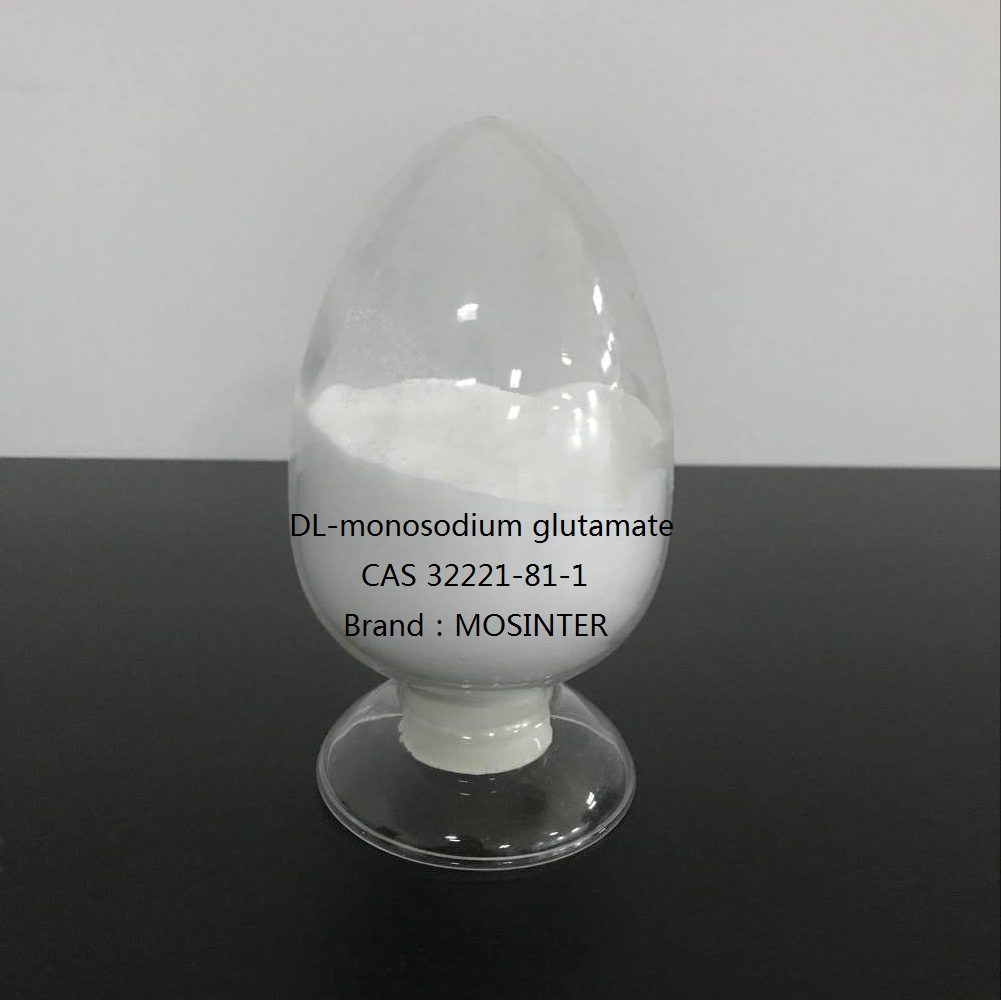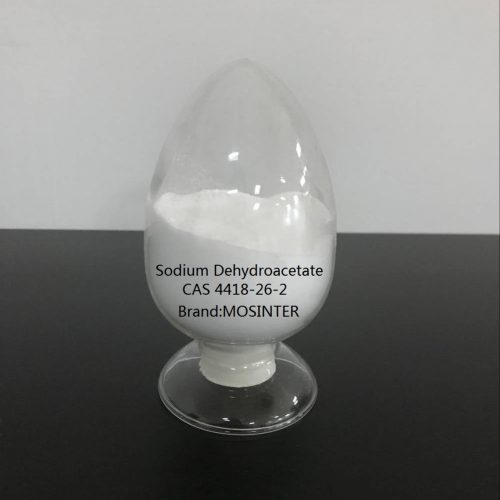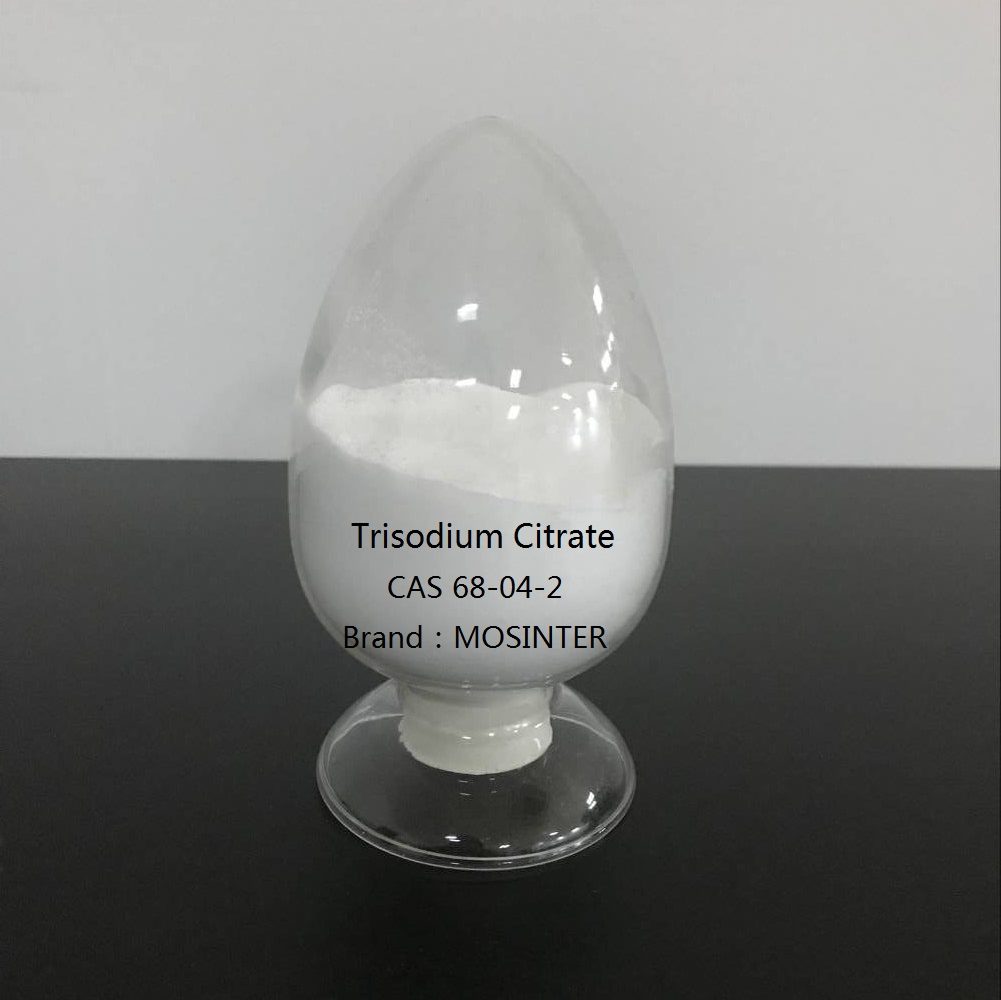- Have any questions?
- +86-189 8930 5995
- sales@mosinterchem.com.cn
Calcium Propionate CAS 4075-81-4

Sodium Diacetate CAS 126-96-5 SDA
06/01/2021
Sodium Dehydroacetate CAS 4418-26-2
02/03/2021Calcium Propionate CAS 4075-81-4
Calcium propionate is a newer food antifungal agent. It is the calcium salt of acidic antifungal agent propionic acid. It is white crystal or powder in appearance, odorless or slightly odor of isopropionic acid, stable to light and heat, and hygroscopic. Easily soluble in water, the aqueous solution is weakly alkaline, slightly soluble in methanol and ethanol, but insoluble in benzene and acetone. It is easy to deliquescence in humid air, lose crystal water when heated to 120℃, change phase at 200~210℃, and decompose into calcium carbonate at 330~340℃. Under acidic conditions, it produces free propionic acid, which is weaker than sorbic acid and stronger than acetic acid. It has an antibacterial effect. It has an inhibitory effect on Aspergillus niger and aerophilic bacillus, but has no effect on yeast. Calcium propionate is a normal intermediate product of animal body metabolism, and it is safer after being eaten by animals. It has a wide range of antibacterial effects on molds, enzyme mother bacteria and bacteria, inhibits the reproduction of microorganisms, can prevent feed molds, and can be used as an antifungal agent for food and feed and a preservative for bread and cakes. As a feed additive, it can effectively inhibit feed mold and extend the storage period of feed. If it is combined with other inorganic salts, it can also increase the appetite of livestock and increase the milk production of dairy cows. The addition amount is less than 0.3% of the compound feed (calculated as propionic acid) . Our country stipulates that when it is used as a food additive, it is implemented in accordance with GB2760-86, and its use scope is only bread, vinegar, soy sauce, soy products, and the maximum use amount is 2.5g/kg.
